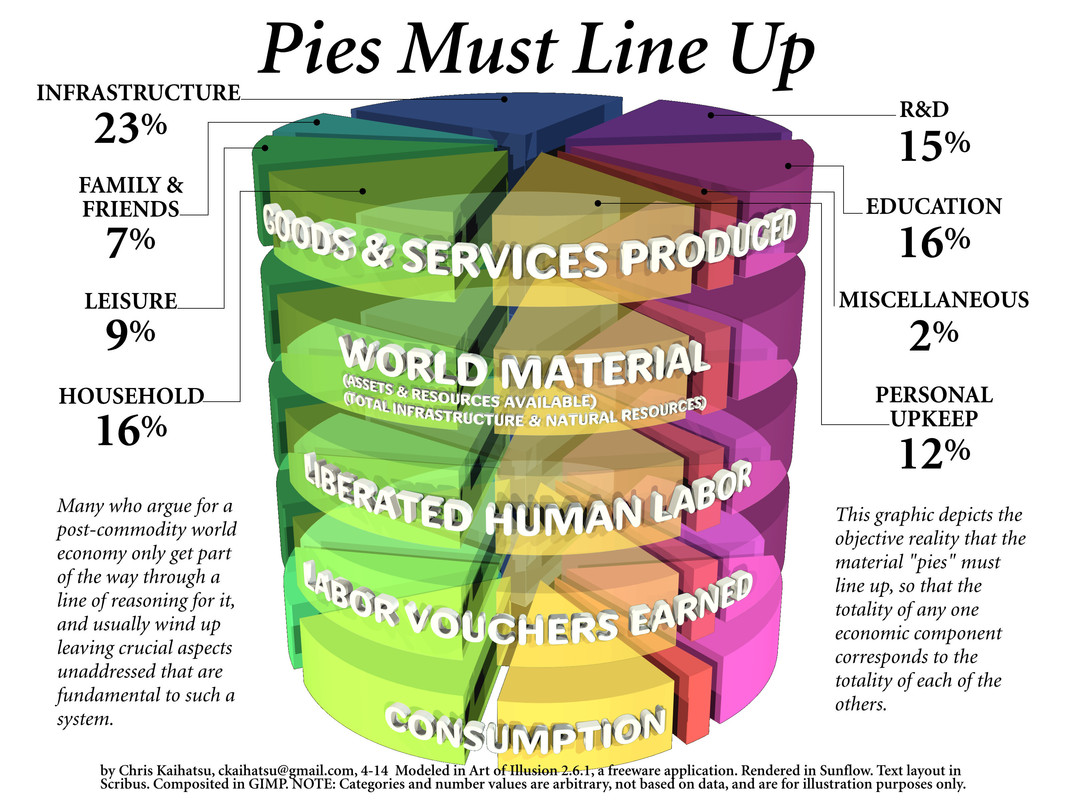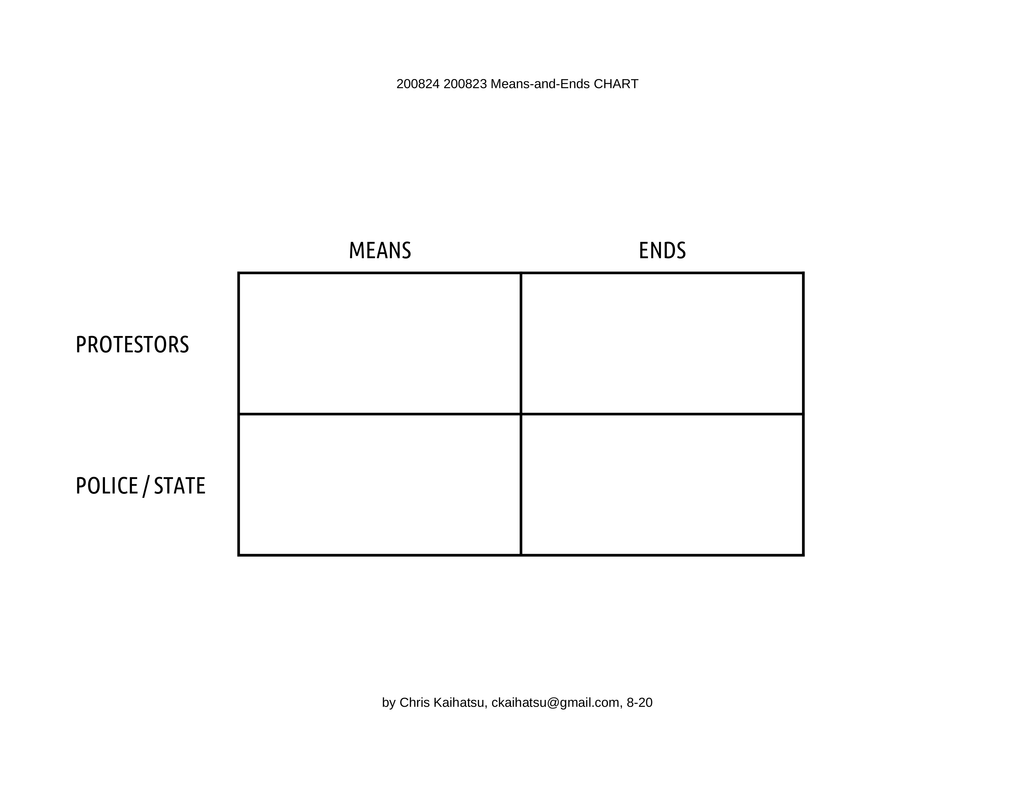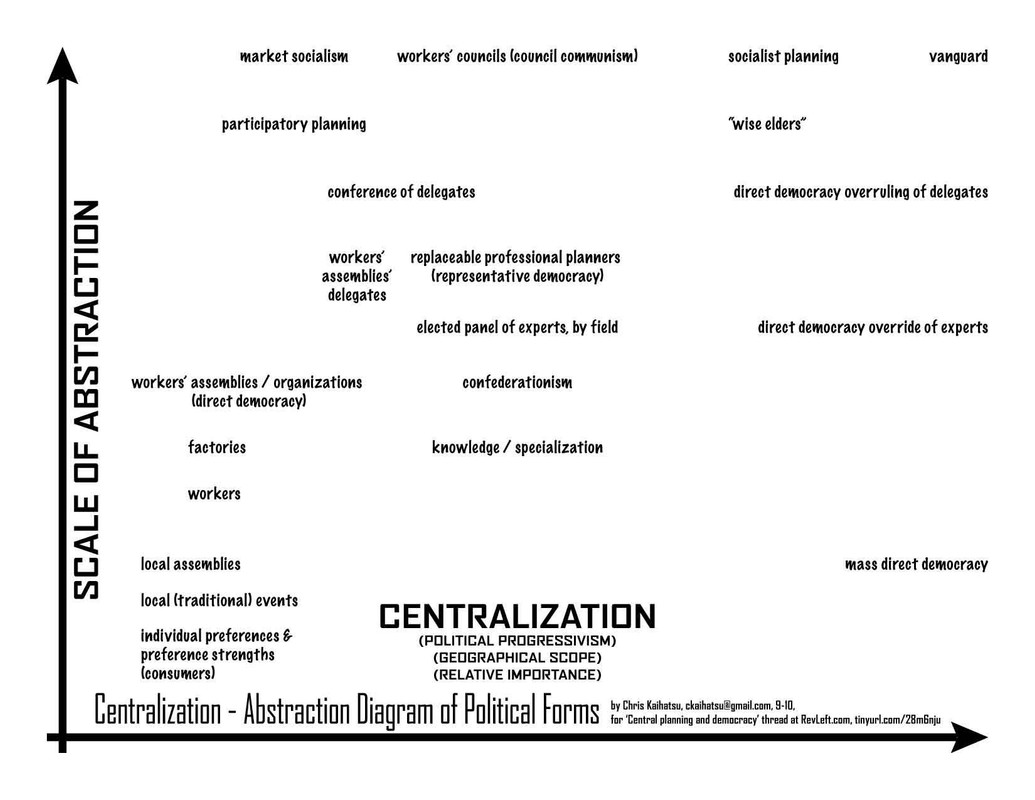Godstud wrote:
Socialism is an economic system where everyone in society equally owns the factors of production.
'Owns' really isn't the best term to use since it tends to imply 'private property', which tends to imply 'elitism' -- a better term would be 'collectivized', so that there's *no* ownership, but there *is* collective administration of productive means.
Economic output is distributed according to each individual’s ability and level of contribution.
'Sloganeering' is what I say here, to this, because of real-world material quantities, though I do support any collective workers administration that does this *politically* in some form, or another -- workers government or workers administration.
Realistically it would depend on the relative advancement or retreat of the ongoing global proletarian revolution against the bourgeoisie / forces of capital, to the point where *any* kind of practical 'economics' would implicitly be political *opportunism* because material collectivism doesn't-require, and *transcends*, all economic exchanges. (Free-access, direct-distribution.)
Pies Must Line Up
---
Individuals own personal property but all industrial and production capacity is communally owned and managed by a democratically elected government.
This, too, would be an administration of *convenience*, for the sake of any still-playing-out / ongoing workers revolution against global capitalism. Ultimately all workers could realistically *co-administrate* in realtime.
The most successful countries in the world, in terms of quality of life, are countries like Denmark, Norway and others that embrace a balance between Socialism and Capitalism.
The point of socialism is to *overthrow* capitalism and its class divide and get to post-capitalist (collectivist) communism -- the *transitional* phase of socialism could be called the 'dictatorship of the proletariat', or 'workers power' / workers control, or a workers government / administration.
You're describing 'social democracy' here, not socialism.
Cartertonian wrote:
Folks, the first problem with any '-ism' is that none of them offer the all-encompassing, universal answer to humanity's challenges.
All of them have good points and bad points. As Godstud intimated the most successful (far from perfect, but comparatively successful) societies blend elements of different '-isms', to optimise the good and minimise the bad.
The second problem with all '-isms' is when dedicated adherents allow themselves to believe they really do offer an all-encompassing, universal answer to humanity's challenges and revere their particular '-ism' as some kind of secular Faith - an immutable, unimpeachable, unquestionable truth. Once they've crossed that line, they no longer have any qualms about imposing their '-ism' on all of humanity by whatever means necessary. 
Means and Ends CHART
Ideologies & Operations -- Fundamentals
Ideologies & Operations -- Left Centrifugalism






















 - By Fasces
- By Fasces - By JohnRawls
- By JohnRawls